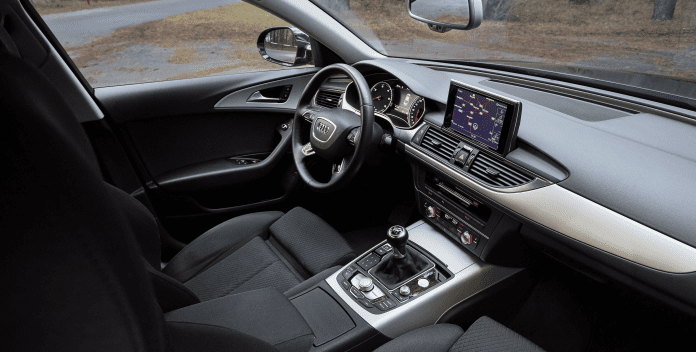The recent congressional hearing on July 26, 2023, reported in Reuters, opened new horizons in the U.S. journey towards autonomous vehicles (AVs). While the session aimed to revive stalled legislation on AV regulation, it also highlighted a more nuanced aspect of this technological advance: data privacy and algorithmic accountability.
Road to Regulation
The bipartisan effort in the hearing, represented by Republican and Democratic drafts, demonstrated a willingness to steer the nation towards a comprehensive law ensuring safe AV deployment. This step was essential not just for the safety of road users but for America’s leadership in the global industry.
The Unseen Passenger: Data
AVs promise a future of reduced accidents and emissions. However, they are not merely vehicles but sophisticated data collectors. They gather extensive personal information, including visual data of pedestrians, without explicit consent. This phenomenon is akin to “thousands of mobile surveillance systems roaming the roads all over the country,” as some critics have pointed out.
The ‘black box’ algorithms further cloud the issue. Potential biases and unjust decisions might go unchecked without transparency in processing this data.
And, lest we forget, all this data is a toy store for any “bad actors,” regardless of whether they’re from the U.S. government, industry, or foreign competitors. With this amount of information, who needs Pegasus or Landmark software?
A Global Perspective
The United Kingdom is also navigating these uncharted waters. The Centre for Data Ethics and Innovation (CDEI) has shed light on the data concerns resulting from AV’s introduction. As reported at Dignomica, the CDEI’s policy paper reveals two core challenges:
- Widespread Collection of Personal Data: AVs process diverse personal data such as location and health. As the report notes, AVs may lead to “widespread collection and processing of personal data in order to achieve core functionality,” where explicit consent is hard to obtain.
- Potential Surveillance Environment: Using video feeds creates a new ‘surveillance environment’ operated by private companies. The CDEI warns that this is “potentially approving a surveillance capability,” calling for careful consideration of existing governance frameworks for surveillance cameras.
The issue of “explainability” in AVs also looms large. If something goes wrong, the responsibility falls on the organization behind the vehicle, not an individual programmer. This necessitates “an appropriate degree of explainability for the vehicle’s ‘decisions’,” as the CDEI report outlines.
Steering Responsibly
The U.S. subcommittee’s hearing on autonomous driving seems to be more than a legislative effort; it was a concerted effort to address a future where technology and ethics converge.
The safety benefits are undeniable as the world hurtles towards the next new thing. Yet, the road ahead is not without bumps. Balancing safety with data privacy and algorithmic transparency requires careful, thoughtful regulation.
The congressional hearing has set the wheels in motion, recognizing the need to consider privacy and explainability alongside safety. It’s a journey towards automated mobility and a responsible, ethical future that OEMs, industry leaders, and employees also need to address. After all, they drive vehicles too.
As efforts continue to unfold, the road to AV adoption will undoubtedly continue to be paved with discussions, policies, and regulations. What remains crucial is that these vehicles are driven by laws that are as advanced and thoughtful as the technology itself.



